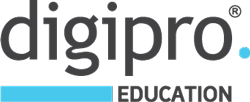The Hybrid Education in the Post COVID Era, from Middle to High School Years

Instructor
-
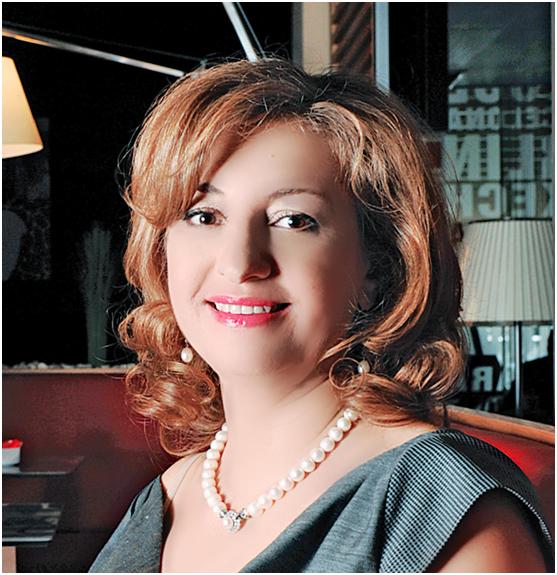 Chryso ChristodoulouCEO - Founder
Chryso ChristodoulouCEO - FounderMrs. Chryso Christodoulou is the founder of FUNecole® Research Institute and the co-founder of Digipro Education Limited. Her academic background is in Computer Science and Education. She is the designer and author of the FUNecole® for Cambridge ICT Starters Initial Steps endorsed by University of Cambridge International Examinations and recognized best practice educational approach by the European Commission. Mrs. Christodoulou is an external educational expert for the Institute of Prospective Technological Studies (IPTS) on various educational research projects. She is a program committee member for the Institute of Electrical and Electronics Engineers’ (IEEE) Computer society. Mrs. Christodoulou participates as keynote speaker and panelist at numerous conferences, seminars and workshops around the world. Mrs. Christodoulou´s work has been published in scholarly and policy publications, such as IEEE Xplore and the European Parliament Magazine. She is a recognized as an entrepreneurship expert by OECD and is one of 350 European Ambassadors of Entrepreneurship.
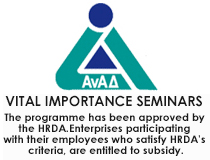
Date
2022
Time
Cost
Location
Following this pandemic school education is going to change profoundly. The European Commission calls for the mobilization and participation of all in shaping the futures of education. There are no acceptable ready-made solutions, technological or otherwise in Education. “It is evident that we cannot return to the world as it was before this pandemic.” This is one of the strongest messages that we can pass to school leaders that witnessed more than 1.5 billion student’s learning hampered due to school closures.
History is being written with great speed and we are faced with choices and decisions that will define the futures of education. We have to learn from and support the responses coming from teachers, students and communities—for in them lies the potential for transforming education during and after the present crisis. These responses to the pandemic will be different from one place to another, from one context to another. We cannot accept the levels of inequality that have been permitted to emerge on our shared planet.
Education in a post-COVID world demonstrate that its impact is disparate and unjust. The magnitude of this challenge is clearly evident with regard to the digital divide in Africa. For example, only 11% of learners in sub-Saharan Africa have a household computer and only 18% have household internet, as compared to the 50% of learners globally who have computers in the home and the 57% who have access to internet. Already we see that the disruptions brought on by the pandemic are exacerbating inequalities both within and across countries. In addition, gender discrimination means that girls’ educational attainments are likely to suffer greatly, with a risk of many not returning to school post-COVID-19. This is not something we should accept; we must do everything in our power to prevent it.
COVID-19 has the potential to radically reshape our world. Education stakeholders must not passively sit back and observe what plays out. Now is the time for intelligent decisions collective actions.
In Cyprus, schools urgently need investment and structural change so that short-term setbacks do not grow into larger, long-lasting problems. There is a serious risk that COVID-19 will wipe out several decades of progress—most notably the progress that has been made in addressing accessing to technology and/or using technology to add value to teaching and learning.
Conclusion
We need to design a humanistic vision of education and development within the human rights framework. Actions must strengthen education, fortify common goods and expand a global solidarity that emphasizes the collective responsibility for the education of everyone everywhere.
Schools in Cyprus need to join the learning revolution that is sweeping the globe by responding to this crisis and exploiting on the original and creative ideas coming from all corners of the world. Cypriot schools need to take lessons from the COVID-19 crisis. In fact, Cypriot schools must learn lessons from those global schools which shown the greatest resourcefulness and ingenuity in tackling the treads caused by COVID. Last but not least, Cypriot schools need to become inclusive collaborate openly and share recourses and experiences with local and global schools.
This seminar will offer valuable insight to owners and Middle and High school principals/managers, educational curriculum consultants and master trainers of private middle and high schools and institutes. Precedence will be given to those institutions that approved by HRDA or the Ministry of Education and Culture.
This expert educator professional development seminar aims to provide Middle and High school principals/managers, educational curriculum consultants with the latest state of the art tools, platforms and educational pedagogies that can be used during and Post COVID 19 pandemic to acquire the following types of knowledge, skills and attitude-related objectives:
Knowledge-related objectives During the Post COVID era, Cypriot schools need to take lessons from those global schools which shown the greatest resourcefulness and ingenuity in tackling the treads caused by COVID 19. Innovation and creativity come from all educational stakeholders: The schools, teachers students’ parents and the extended community. Therefore, Cypriot schools need to know how to: · Evaluate the learning revolution inflicted by COVID 19 and plan ways to strengthen education during the post COVID era. · Recognize that there is a need for commitment to global solidarity to the inequalities that have been permitted to emerge in the contemporary educational world before COVID 19 · Analyse the learning revolution that is sweeping the globe by responding to this crisis and exploiting on the original and creative ideas coming from all corners of the world. · Differentiate between choices and decisions schools need to make to redefine the futures of education, impact and reshape the futures of young learners.
Skills-related objectives (Be able to) · Illustrate the need for the school “physical space to remain indispensable in the Post COVID -19 education. · Employ teacher collaboration between their school or in wider school networks in Cyprus and oversees. · Demonstrate ways of enhancing traditional classroom organization must give way to a variety of ways of ‘doing school’ · Use Scientific Literacy within the school curricula. · Use state of the art technologies to support eLearning and learning enhance and fully supported with technology in the physical classes.
Attitude-related objectives · Accept the difficulties of dealing with unexpected situations that schools might face in a post COVID 19 situation · Challenge the initiative of educators who, together with parents and communities, have in many cases found ingenious and contextualized solutions. · Evaluate the massive shift away from learning and teaching in traditional settings with physical interactions. · Challenge the commitment to strengthen education as a common good. · Defend the need to support and continue the disruptions that have been unleashed during the COVID crisis. · Adopt fully the new “hybrid” model and be ready to use technologies where and if the add value to teaching and learning. |
Recent Program Participants

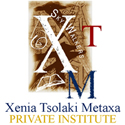

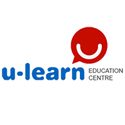
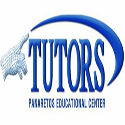

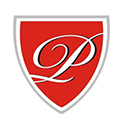
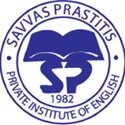

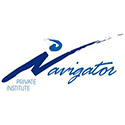


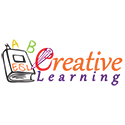
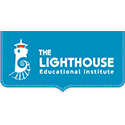


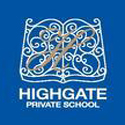
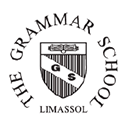
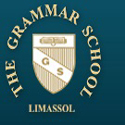
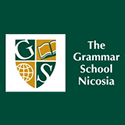

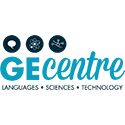
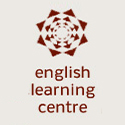

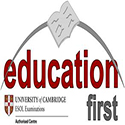
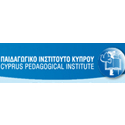
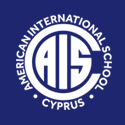
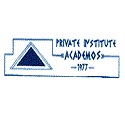

The event is finished.
Hourly Schedule
Day 1
- 07:30 - 10:00
- How Does COVID-19 Affect the Global Education?
- 10:00 - 10:15
- Coffee Break
- 10:15 - 12:45
- Transforming Education and Protecting the Social Spaces
Day 2
- 07:30 - 09:00
- The COVID 19 Pandemic and its Aftermath effects on Education.
- 09:00 - 09:15
- Coffee Break
- 09:15 - 10:45
- Boosting and Facilitating Teacher Collaboration Within their Schools or Wider Networks of Schools in Cyprus and Oversees.
- 10:45 - 11:00
- Coffee Break
- 11:00 - 13:00
- What does the COVID 19 Crises revealed?
Day 3
- 07:30 - 08:00
- Recapitulation of 2nd day
- 08:00 - 10:00
- Education Should Embrace the Post COCID-19 Exceptional Opportunity to Transform the World.
- 10:00 - 10:15
- Coffee Break
- 10:15 - 11:15
- CASE STUDY: UNESCO’s International Commission on the Futures of Education
- 11:15 - 12:15
- Present group projects that contain learning experiences beyond expectations driven by authentic passion and need
'Oροι και Προϋποθέσεις
The above seminar is fully subsidized by HRDA on the condition that the following criteria is stringently adhered to:
1. Cameras and microphones must be open for the duration of the seminar.
2. Participation for the whole seminar must exceed 75%.
3. 1 device per person must be used.
4. You must ensure you check in punctually at the beginning of the seminar and check out at the end of each day.
5. You are obligated to participate in the follow up onsite 4 Hour visit and you must ensure you check in and check out promptly.
In the event the criteria is not fulfilled satisfactorily and you are rejected by HRDA, please note that you as an individual or your company will be liable to pay the participation fee of €1800.
Finally, please see our cancellation policy:
– Cancellations can be accepted up to 5 working days prior to the seminar without penalties. For any cancellations received after the deadline (or no-shows), the individual or company will be invoiced the full amount per participant.
– Substitutions can be accepted up to 2 working days prior to the seminar without penalties.

